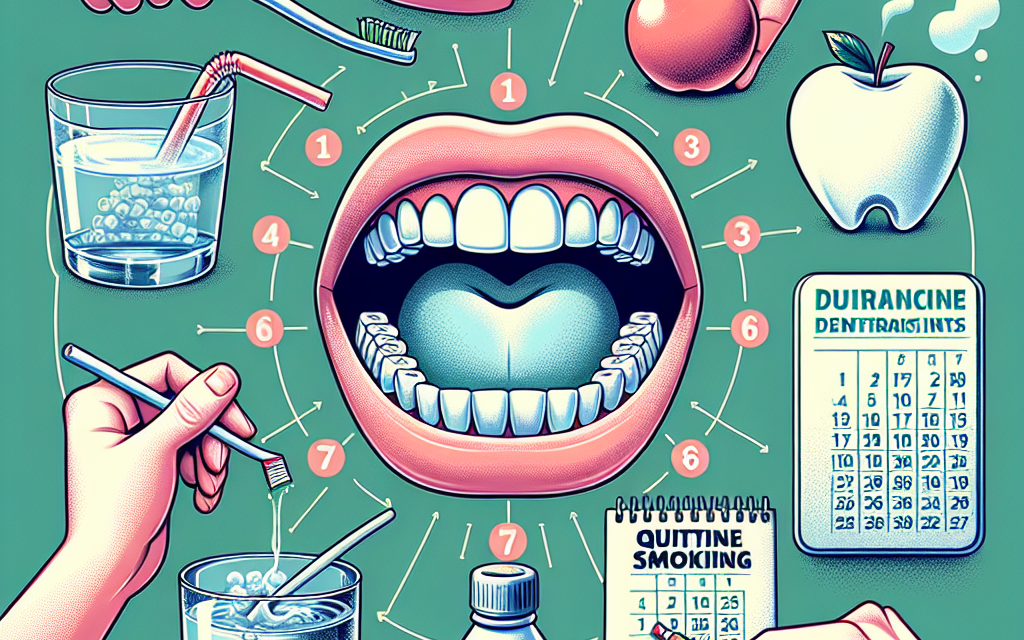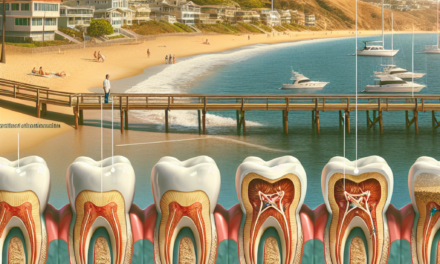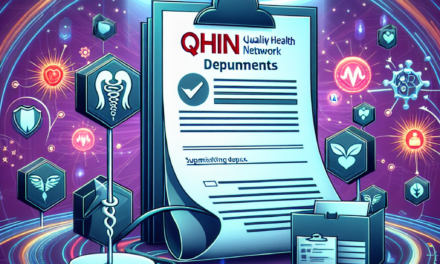7 Effective Strategies for Enhancing Oral Health
Oral health is a crucial aspect of overall well-being, influencing not only our ability to eat and speak but also our self-esteem and social interactions. Poor oral hygiene can lead to a myriad of health issues, including cavities, gum disease, and even systemic conditions like heart disease and diabetes. This article explores seven effective strategies for enhancing oral health, providing detailed insights into each approach.
1. Maintain a Consistent Oral Hygiene Routine
Establishing a consistent oral hygiene routine is the cornerstone of good oral health. This routine should include brushing, flossing, and rinsing with mouthwash.
Brushing Techniques
Brushing your teeth at least twice a day is essential. However, the technique you use is just as important as the frequency. Here are some tips for effective brushing:
- Use the Right Toothbrush: A soft-bristled toothbrush is recommended to avoid damaging the gums. Electric toothbrushes can also be more effective in removing plaque.
- Choose the Right Toothpaste: Look for fluoride toothpaste, which helps strengthen tooth enamel and prevent decay.
- Brush for Two Minutes: Spend at least two minutes brushing your teeth, ensuring you cover all surfaces—front, back, and chewing surfaces.
- Angle Your Brush: Hold your toothbrush at a 45-degree angle to your gums to effectively remove plaque.
Flossing Importance
Flossing is often overlooked but is crucial for removing food particles and plaque from between teeth where a toothbrush cannot reach. Here’s how to floss effectively:
- Use Enough Floss: Use about 18 inches of dental floss, winding most of it around your middle fingers, leaving an inch or two to work with.
- Be Gentle: Slide the floss between your teeth gently, curving it around each tooth in a C-shape.
- Don’t Forget the Back Teeth: Make sure to floss the back teeth, as they are often neglected.
Mouthwash Benefits
Using an antimicrobial mouthwash can help reduce plaque, gingivitis, and bad breath. Look for mouthwashes that contain fluoride or have been approved by dental associations.
2. Regular Dental Check-ups
Regular visits to the dentist are vital for maintaining oral health. These check-ups allow for early detection of potential issues and professional cleaning that can prevent cavities and gum disease.
Frequency of Visits
The American Dental Association recommends visiting the dentist at least once every six months. However, individuals with specific health conditions or a history of dental issues may need to visit more frequently.
What to Expect During a Check-up
During a dental check-up, the dentist will:
- Examine Your Teeth: Look for signs of decay, wear, or other issues.
- Check Your Gums: Assess gum health and look for signs of periodontal disease.
- Take X-rays: If necessary, to identify problems not visible during a visual examination.
- Provide Professional Cleaning: Remove plaque and tartar buildup that regular brushing and flossing may miss.
Importance of Early Detection
Early detection of dental issues can save time, money, and discomfort. For example, catching a cavity early can often be treated with a simple filling, while neglecting it may lead to root canals or extractions.
3. Nutrition and Diet
Your diet plays a significant role in your oral health. Consuming a balanced diet rich in vitamins and minerals can help strengthen teeth and gums.
Foods to Include
Incorporate the following foods into your diet for better oral health:
- Dairy Products: Foods like cheese and yogurt are high in calcium and phosphates, which help strengthen tooth enamel.
- Fruits and Vegetables: Crunchy fruits and vegetables, such as apples and carrots, can help clean teeth and stimulate gums.
- Nuts: Nuts are a good source of protein and healthy fats, which can help maintain oral health.
- Green Tea: Contains antioxidants that can help reduce inflammation and fight bacteria in the mouth.
Foods to Avoid
Just as important as what to eat is what to avoid. Limit the following:
- Sugary Snacks and Drinks: Sugar feeds the bacteria that cause cavities. Limit candy, soda, and other sugary treats.
- Acidic Foods: Citrus fruits and vinegar can erode tooth enamel if consumed in excess.
- Starchy Foods: Foods like chips and bread can get stuck in your teeth and contribute to plaque buildup.
Hydration
Staying hydrated is essential for oral health. Water helps wash away food particles and bacteria, reducing the risk of cavities and gum disease. Aim to drink at least eight glasses of water a day, and consider drinking fluoridated water for added protection.
4. Quit Smoking and Limit Alcohol Consumption
Tobacco use and excessive alcohol consumption can have detrimental effects on oral health. Quitting smoking and moderating alcohol intake can significantly improve your oral health.
Effects of Smoking on Oral Health
Smoking is linked to a variety of oral health issues, including:
- Gum Disease: Smokers are more likely to develop gum disease due to reduced blood flow to the gums.
- Oral Cancer: Tobacco use is a major risk factor for oral cancers.
- Bad Breath: Smoking contributes to persistent bad breath.
- Stained Teeth: Tobacco can cause significant discoloration of teeth.
Alcohol and Oral Health
Excessive alcohol consumption can lead to:
- Dry Mouth: Alcohol can reduce saliva production, increasing the risk of cavities and gum disease.
- Oral Cancer: Like tobacco, excessive alcohol use is a risk factor for oral cancers.
- Gum Disease: Heavy drinking can lead to inflammation and infection of the gums.
Resources for Quitting
If you or someone you know is looking to quit smoking or reduce alcohol consumption, numerous resources are available, including:
- Support Groups: Local or online support groups can provide encouragement and accountability.
- Counseling Services: Professional counseling can help address the psychological aspects of addiction.
- Quitlines: Many countries offer telephone support for those trying to quit smoking.
5. Use Dental Products Wisely
The right dental products can enhance your oral hygiene routine. Understanding how to choose and use these products effectively is essential.
Choosing the Right Toothbrush
As mentioned earlier, a soft-bristled toothbrush is generally recommended. However, consider the following factors:
- Size: Choose a toothbrush that fits comfortably in your mouth and allows you to reach all areas easily.
- Manual vs. Electric: Electric toothbrushes can be more effective at reducing plaque and gingivitis.
Flossing Alternatives
If traditional flossing is challenging, consider alternatives such as:
- Floss Picks: These are easier to handle and can be more convenient for on-the-go use.
- Water Flossers: These devices use a stream of pulsating water to remove food particles and plaque.
Mouthwash Selection
When choosing a mouthwash, look for products that:
- Are Alcohol-Free: Alcohol can dry out the mouth, so opt for alcohol-free options.
- Contain Fluoride: Fluoride mouthwashes can provide additional protection against cavities.
6. Educate Yourself and Your Family
Education is a powerful tool in promoting oral health. Understanding the importance of oral hygiene and the consequences of neglect can motivate individuals to take better care of their teeth.
Teaching Children About Oral Health
Instilling good oral hygiene habits in children from a young age is crucial. Here are some strategies:
- Make It Fun: Use games or apps that teach children about brushing and flossing.
- Lead by Example: Show children your own oral hygiene routine to encourage them to follow suit.
- Reward Good Habits: Consider a reward system for consistent brushing and flossing.
Staying Informed
Stay updated on the latest research and recommendations regarding oral health. Resources include:
- Dental Associations: Websites of organizations like the American Dental Association provide valuable information.
- Health Blogs: Follow reputable health blogs that focus on dental care.
7. Manage Stress Effectively
Stress can have a significant impact on oral health, leading to issues such as teeth grinding (bruxism) and gum disease. Managing stress is essential for maintaining good oral health.
Identifying Stressors
Recognizing the sources of stress in your life is the first step in managing it. Common stressors include:
- Work Pressure: High workloads and deadlines can lead to increased stress levels.
- Personal Relationships: Conflicts with family or friends can contribute to emotional stress.
- Financial Concerns: Worries about money can lead to chronic stress.
Stress Management Techniques
Implementing stress management techniques can help reduce its impact on your oral health:
- Meditation and Mindfulness: Practicing mindfulness can help you stay grounded and reduce anxiety.
- Physical Activity: Regular exercise is a proven stress reliever.
- Hobbies: Engaging in hobbies you enjoy can provide a much-needed break from stressors.
Seeking Professional Help
If stress becomes overwhelming, consider seeking help from a mental health professional. Therapy can provide tools and strategies for managing stress effectively.
Conclusion
Enhancing oral health requires a multifaceted approach that includes maintaining a consistent oral hygiene routine, regular dental check-ups, a balanced diet, quitting smoking, using dental products wisely, educating oneself and family members, and managing stress effectively. By implementing these seven strategies, individuals can significantly improve their oral health and overall well-being.
Remember, oral health is not just about having a bright smile; it’s about maintaining a healthy body and mind. Prioritize your oral health today for a healthier tomorrow.





